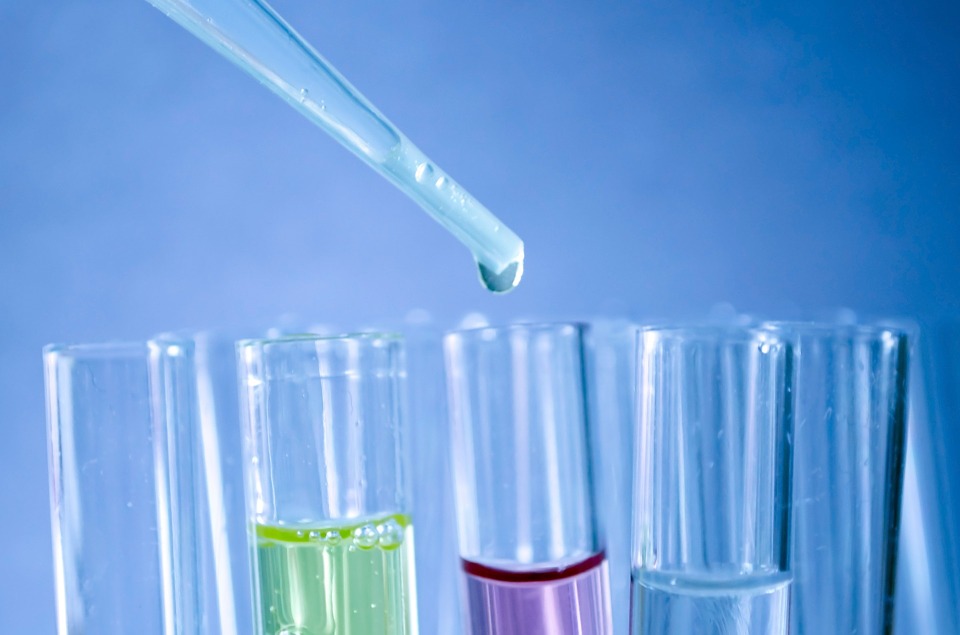Is CBD legal or illegal? What about the difference between State and Federal law?….and, most importantly, will it potentially show up in a drug test?
Question: I had the opportunity to get some CBD at a job event in Chicago last year, but I declined. I was afraid it might show up on a drug test before I was hired into my next job.
You needn’t have been concerned. CBD is not picked up as THC is on a urine drug test. Testing for THC, which by U.S. federal regulations is considered an illicit drug, is a reality for many employees in the United States. Drug testing is mandatory for people who work in federal agency positions. Though testing for THC is not required in the private sector, more and more employers are adopting these guidelines into their own hiring procedures.
Because THC is recognized as being responsible for marijuana’s psychoactivity and euphoria, a routine urine drug screen for marijuana use will consist of an immunoassay with antibodies that are made to detect delta-9-caboxy-THC (THC-COOH).
SAMHSA is the Substance Abuse & Mental Health Services Administration guideline that protects the employer, in other words – your boss, when they do drug testing on you. SAMHSA, protects the employer from lawsuits that may result based on these results.
Prior to performing the urine drug screen, the employer is legally required to explain that drugs of abuse tests are not always accurate. The federal authorities in the United States recommend that the following labeling language be placed under this section:
“A positive test result does not always mean a person took illegal drugs and a negative test result does not always mean a person did not take illegal drugs. There are many factors that influence the reliability of drug tests. Certain drugs of abuse tests are more accurate than others.” 10 out of 100 times a “preliminary positive” result from a marijuana test is a “false preliminary positive” result.”
The data we use is generated from laboratory tests that have the following cutoff concentrations: Marijuana, 50 ng/mL; Cocaine, 300 ng/mL; Phencyclidine, 25 ng/mL; Opiates, 2000 ng/mL; Amphetamines, 1000 ng/ml. In general, the rates of false preliminary positive results will increase as the cutoff concentration of the test is lowered.”
The FDA believes that this disclosure accurately reflects the false positive rate of drugs of abuse screening tests, and that communication of these limitations will help ensure that operators properly interpret results from drugs of abuse screening tests.
Unfortunately, in all urine drug screen tests, there will be some people who are tested incorrectly told that they are taking the illicit drug when they are not. This is because there is an overlap between testing guidelines and accepted cutoff levels for drugs and drug metabolites. This is called a false positive result. A false positive means that the result of the urine drug screen is wrong, in other words – false.
What is a false positive? In a false positive, the urine shows THC, when there is none present.
Why does this occur? SAMHSA has the cutoff level for a positive urine screen in the immunoassay at 50 ng/ml. The SAMHSA cutoff level is very sensitive, but not very specific. That means that if you are taking THC, even a tiny amount, it will be picked up in the urine. However, this is at the risk of picking up unrelated, non-THC drug metabolites in the urine and misinterpreting them as THC – when they are not.
When the employer does the urine drug screen and finds that the immunoassay screen is positive at the > 50 ng/mL level, then by law, a confirmatory GC/MS (Gas Chromatography/Mass Spectrometry) test must be done. The confirmatory GC/MS test has a cutoff level of 15 ng/mL and is specific only to the 9-THC metabolite.
The GC/MS confirmatory urine drug screen for THC known has no cross-reactivity to other cannabinoids that are not psychoactive, such as CBD(cannabidiol), CBG (cannabigerol), CBN (cannabinol), and others. It is a much more expensive, and specific drug test. It does not pick up CBD and other non-THC cannabinoids in their drug screen. It only picks up THC.
What does all this mean? Put simply, you, the consumer should only use a high-quality, scientifically vetted CBD product- which is what we, at CBD Tester supply. Using our CBD products, you will have complete assurance that you will never test positive for THC, at any federal or private sector urine drug screen examination.
________________________________________
Ref: Gustafson RA, Kim I, Stout PR, Klette KL, George MP, Moolchan ET, Levine B, Huestis MA. Urinary pharmacokinetics of 11-nor-9-carboxy-delta9-tetrahydrocannabinol after controlled oral delta9-tetrahydrocannabinol administration. J Anal Toxicol. 2004 Apr; 28(3):160-7
Gustafson RA, Levine B, Stout PR, Klette KL, George MP, Moolchan ET, Huestis MA. Urinary cannabinoid detection times after controlled oral administration of delta9-tetrahydrocannabinol to humans. Clin Chem. 2003 Jul; 49(7):1114-24.
Kemp PM, Abukhalaf IK, Manno JE, Manno BR, Alford DD, Abusada GA. Cannabinoids in humans. I. Analysis of delta 9-tetrahydrocannabinol and six metabolites in plasma and urine using GC-MS. J Anal Toxicol. 1995 Sep; 19(5):285-91.
Huestis MA, Mitchell JM, Cone EJ. Urinary excretion profiles of 11-nor-9-carboxy-delta 9-tetrahydrocannabinol in humans after single smoked doses of marijuana. J Anal Toxicol. 1996 Oct;20(6):441-52.
Wall ME, Perez-Reyes M. J Clin Pharmacol. The metabolism of delta 9-tetrahydrocannabinol and related cannabinoids in man.1981 Aug-Sep; 21(8-9 Suppl):178S-189S









